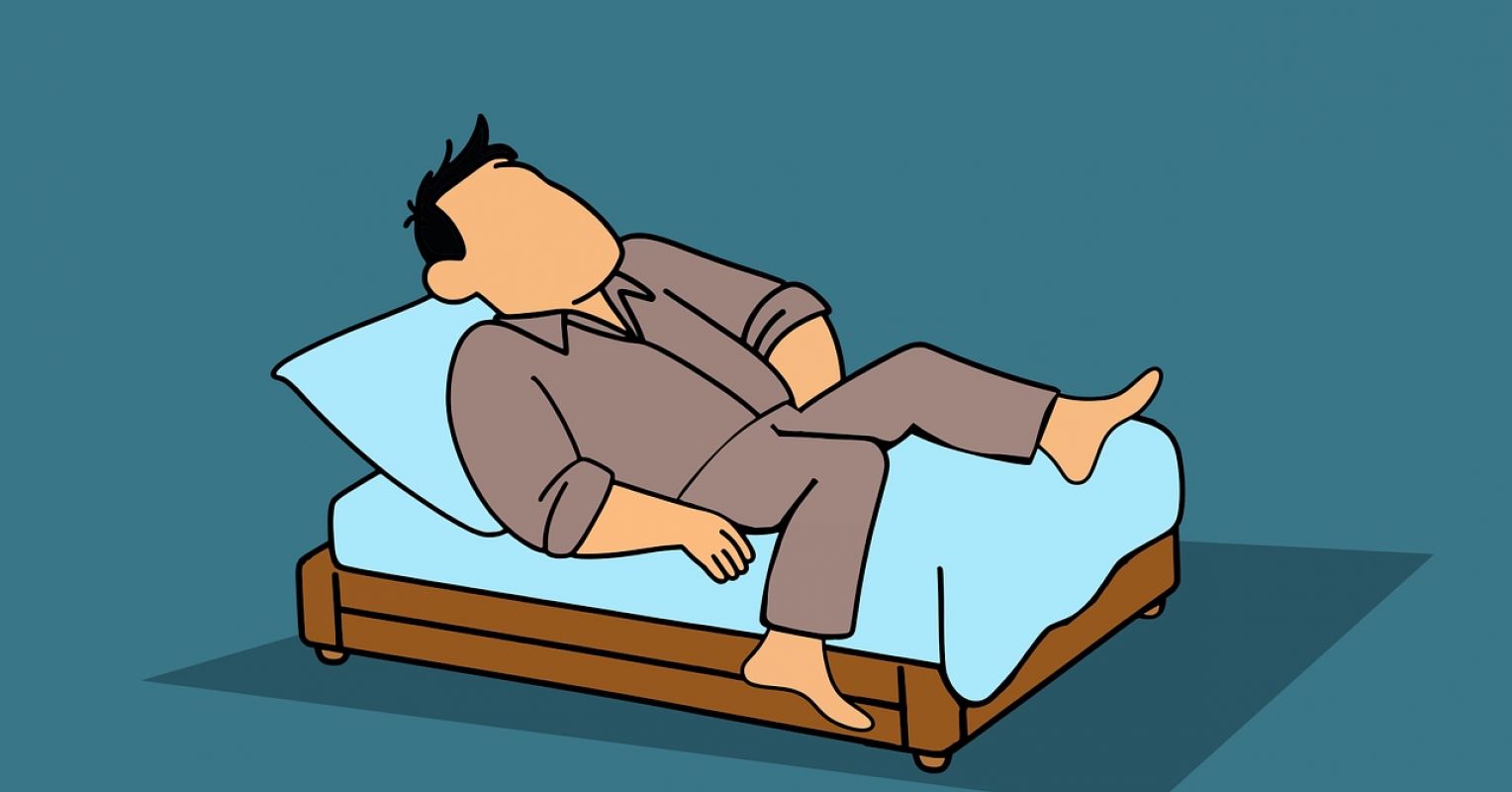
"We use mental tricks to survive. Those who struggle with time management frequently trick themselves by setting reminders to arrive earlier than they need to so they won't be late. Athletes, especially when exhausted, motivate themselves by "finding" reasons to hate their opponents; Michael Jordan notoriously did this, especially late into a season. And some engage in defensive pessimism, telling themselves that some endeavor is going to go poorly as a way to motivate themselves to try to perform as well as possible."
"These mental tricks are common in those we can call socially prescribed perfectionists, people who believe that others always expect them to be perfect, to fulfill their duties, whether or not they like them. The challenge of socially prescribed perfectionism is that whatever is done is merely a means to an end, done instrumentally. So, an athlete may look for an edge if they don't want to play,"
We use mental tricks to survive, such as setting early reminders, creating adversarial motives, or embracing defensive pessimism to boost performance. Athletes may manufacture dislike for opponents to summon energy, and some tell themselves an endeavor will fail to motivate maximal effort. These mental tricks are common in socially prescribed perfectionists who believe others expect them to be flawless and dutiful regardless of personal desire. Actions become instrumental means to avoid consequences of failing or saying no. Cynicism underlies people-pleasing, leading decisions driven mainly by survival and approval rather than genuine preference.
#people-pleasing #socially-prescribed-perfectionism #defensive-pessimism #motivation-strategies #cynicism
Read at Psychology Today
Unable to calculate read time
Collection
[
|
...
]